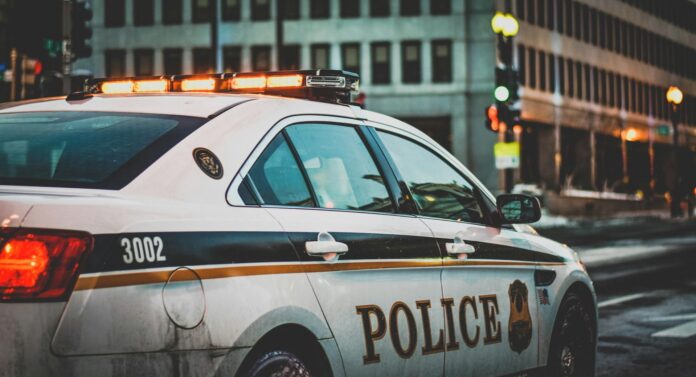Supreme Court jury hears recorded conversations of accused killer Greg Lynn and wife about Russell Hill and Carol Clay’s disappearance
Police secretly recorded conversations between Gregory Lynn, accused of killing missing campers Russell Hill and Carol Clay, and his wife, Melanie Lynn, about the ongoing investigation. A Supreme Court jury was presented with these recordings on Wednesday. The tapes captured the couple discussing a 60 Minutes episode about the disappearance of Hill, 74, and Clay, 73, which aired in November 2021.
In one of the recordings, Melanie Lynn remarked that the vehicle shown in the program, a dark blue Nissan Patrol, strongly resembled their own car and trailer. This vehicle had been identified by police as the “strongest lead” in the case. Days later, Gregory Lynn was seen on CCTV removing a black awning from his Nissan Patrol.
Detective Senior Constable Brett Florence testified that the TV program was part of a police strategy to elicit information from Lynn. Under cross-examination by defence barrister Dermot Dann, KC, Florence acknowledged that some details Lynn provided during a police interview were accurate. These included information about the campsite setup, suspected blood spatter on Hill’s car, and the location of human remains.
However, Florence also noted that not everything Lynn said was true. Despite this, Lynn cooperated fully during the interview, drawing diagrams and answering all questions posed by the police.
Family members of Hill and Clay were present in court to hear the evidence, sitting near the accused. Lynn’s wife Melanie and son Geordie observed the proceedings from the public gallery.
Lynn, 57, has pleaded not guilty to the murder charges, claiming both deaths were accidental. He told police that Clay was shot accidentally during a struggle over his shotgun with Hill, who then died after allegedly falling on a knife during another struggle. The prosecution disputes this account, arguing that Lynn acted with murderous intent.
Analysis:
Political Impact
The case underscores the role of law enforcement strategies and the judicial system in high-profile investigations, potentially influencing public trust in these institutions. It also raises questions about the use of media as a tool in criminal investigations.
Social Reflection
The trial highlights societal concerns about safety and trust, particularly in remote areas. The public’s reaction to the case may reflect broader anxieties about crime and justice.
Psychological Aspect
The secret recordings and detailed court proceedings offer a deep psychological insight into the accused’s state of mind and behaviour, providing a basis for understanding the complex dynamics of the case.
Sociological Angle
The involvement of family members and the public in the trial illustrates the communal impact of such crimes. It shows how communities rally around victims’ families and seek justice collectively.
Fashion Culture
While not directly related to fashion, the high-profile nature of the case and media coverage could influence trends in true crime storytelling and public interest in real-time legal proceedings
